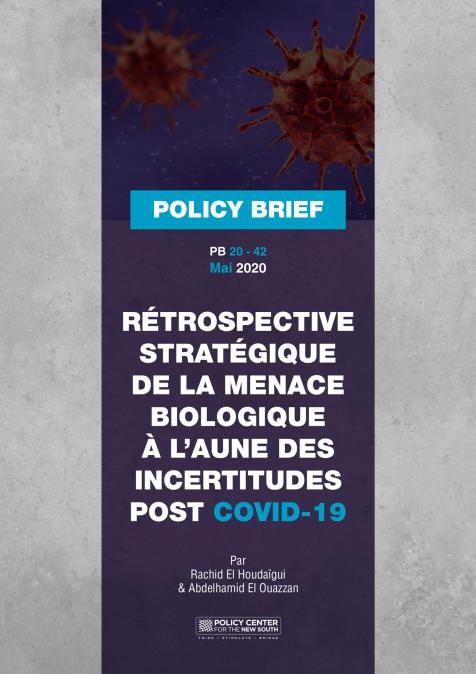Podcasts
COVID-19 : une tempête parfaite d'insécurités africaines
Si le nombre absolu de cas d’infection à la COVID-19 est resté relativement faible en Afrique par rapport aux autres régions du monde, notamment l'Europe et l'Amérique du Nord, le virus n'en a pas moins menacé la stabilité des Etats, en exacerbant les insécurités individuelles et sociétales. Dans ce podcast, Salma Daoudi, Assistante de recherche en Relations internationales au Policy Center for the New South, explique comment les corollaires politiques, économiques, sociaux et sanitaires de la pandémie ont profondément alimenté les inégalités, et comment celles-ci risquent d'alimenter cette nouvelle tempête d'insécurités humaines, en permettant l’émergence de nouvelles formes de violence à l'encontre des populations africaines.




